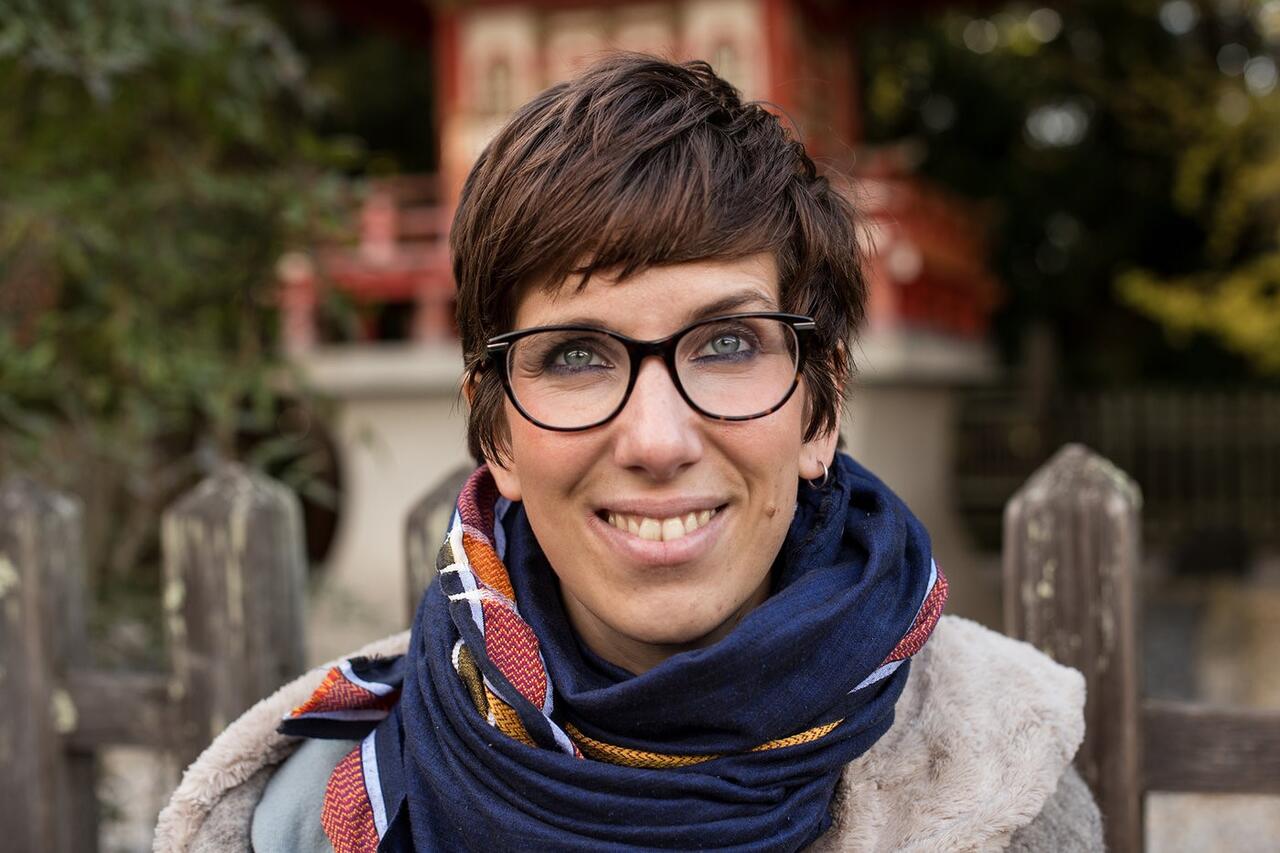Emergence and Developmental Trajectory of Ecological Active Learning
Martes 5/3, 17h
Conferencia
The internet has made information available at our fingertips at all times: Search engines, accessed via our computers, tablets, or smart phones, allow us to look up things whenever and wherever we want—an enhanced encyclopedia of factual knowledge. This pseudo-infinite space of immediately available knowledge has drastically reduced our need to learn and memorize facts. However, it has increased the urgency to know how to navigate this space effectively. This revolution, triggered by the era of globalization and digitalization, calls for a new science of learning, one that is more focused on how and what to learn—how to effectively ask questions and explore, which sources of information to trust and rely on, how to adapt one’s learning strategies to dynamic and multimodal learning environments, how to interpret the information collected, integrating them in one's existing body of knowledge—rather than on standard learning contents. This talk presents the results of recent studies investigating theoretically and empirically the emergence of these abilities, their developmental trajectory across childhood and the factors impacting their success.

Azzurra Ruggeri. Leader of the Max Planck Research Group iSearch - Information Search, Ecological and Active Learning Research with Children. Professor, TUM School of Education of the Technical University of Munich and Department of Cognitive Science, Central European University, Vienna. Her research focuses on how children and adults actively search for information when making decisions, drawing causal inferences and solving categorization tasks. Search strategies, as any other kind of strategies, are not always effective, because their usefulness and performance depends on the characteristics of the problem presented. In this sense, she is interested in how adaptive children and adults’ search for information strategies are, how sensitive and responsive they are to the structure of the tasks. She is especially interested in how actively searching for information, being able to generate the information we are interested in and to focus on what we consider most relevant, can impact our learning, understanding and explanations.
La conferencia será presencial y en indioma inglés.
Actividad gratuita | Requiere inscripción

Azzurra Ruggeri. Leader of the Max Planck Research Group iSearch - Information Search, Ecological and Active Learning Research with Children. Professor, TUM School of Education of the Technical University of Munich and Department of Cognitive Science, Central European University, Vienna. Her research focuses on how children and adults actively search for information when making decisions, drawing causal inferences and solving categorization tasks. Search strategies, as any other kind of strategies, are not always effective, because their usefulness and performance depends on the characteristics of the problem presented. In this sense, she is interested in how adaptive children and adults’ search for information strategies are, how sensitive and responsive they are to the structure of the tasks. She is especially interested in how actively searching for information, being able to generate the information we are interested in and to focus on what we consider most relevant, can impact our learning, understanding and explanations.
La conferencia será presencial y en indioma inglés.
Actividad gratuita | Requiere inscripción
